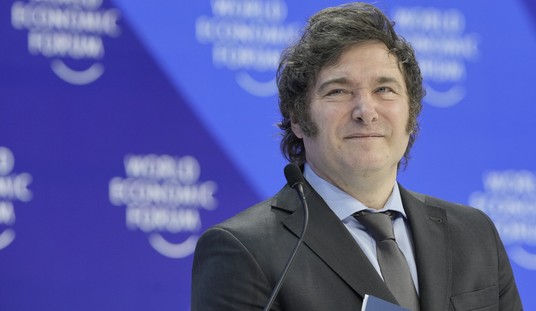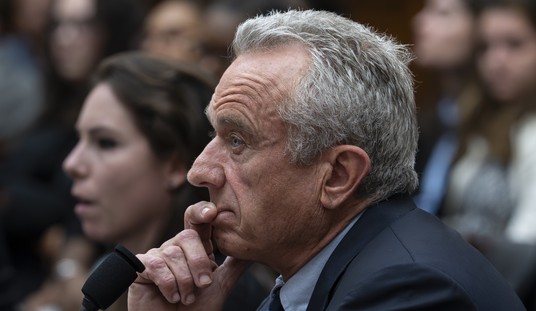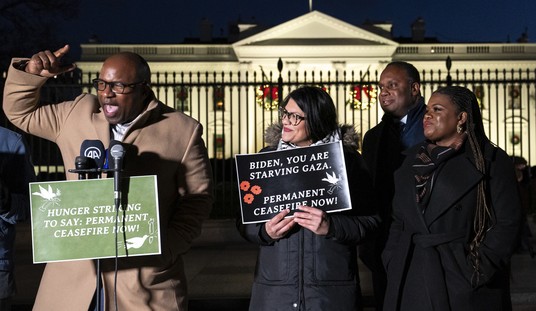This time it’s a seal dating back three thousand years to the time of King David. This latest archaeological find in Jerusalem was made by a ten-year-old boy, a volunteer for the Temple Mount Sifting Project, which sifts through thousands of tons of earth that was illegally removed from the Temple Mount by the Muslim Wakf in 1999.
Archaeologist Gabriel Barkay says this find is “particularly significant” because it originated on the mount itself and “testifies to the administrative activity [that took place there] during those times.” It joins a growing body of evidence—including finds from the Ophel and City of David excavations—that biblical accounts of ancient Jerusalem are accurate.
Unfortunately the news these days from the Temple Mount and its environs doesn’t only concern archaeological finds. The Israeli security cabinet has had to announce stepped-up measures to combat weeks of raging violence on the mount and in parts of Jerusalem.
In a recent find of a different sort on the Temple Mount, Israeli police had to thwart a planned attack on Jewish visitors to the site on Rosh Hashanah, the Jewish New Year Day. It turned out would-be Palestinian attackers had barricaded themselves in the Al-Aqsa Mosque with a stockpile of rocks, firecrackers, and pipe bombs.
That night—in the only Israeli fatality so far of this latest wave of violence—a 64-year-old Israeli man was killed in his car by Palestinian rock-throwers in Jerusalem.
Standard media accounts say the “two sides” are “fighting over” a site that is the “holiest” to Jews and “third holiest” to Muslims.
The Temple Mount—location of the First and the Second Temple during roughly the first millennium BCE—is indeed the holiest site to Jews. In 638 CE it was conquered from the Byzantines as part of the Arab conquest of the Holy Land; about a half-century later the Dome of the Rock and the Al-Aqsa Mosque, the main Muslim shrines on the mount, were built.
Since then the holiness of the site in Islam has fluctuated depending on who had control of the mount. In periods of non-Muslim rule—such as the current one—the mount, and particularly Al-Aqsa, becomes an intense focal point.
Israel conquered the Temple Mount from Jordan in the 1967 Six Day War. At the time, out of concerns about ritual purity, almost all rabbis forbade Jews to enter the mount. The then Israeli defense minister, Moshe Dayan, worked out the “status quo”—an arrangement whereby Muslims had full access to the mount under the Wakf’s auspices, while Jews and other non-Muslims had only limited access and were totally forbidden to pray there.
More recently, more rabbis—particularly from the national-religious stream—have been ruling that Jews are indeed allowed to enter the mount, and more of them have been doing so. The “status quo” is still in place—Muslims retain full 24-hour access and full rights of worship, while Jews and others can only ascend the mount at certain set times and can’t pray there.
Nevertheless, for the Muslim side this is getting to be too much. Things have come to a head precisely in these recent weeks of the Jewish High Holy Days, with more Jews coming to the mount.
The recent mount-centered agitation and violence stem largely from Hamas and the northern branch of the Israeli Islamic Movement—two factions that have as little regard for human rights and tolerance of other religions as ISIS or the Taliban.
But the agitation doesn’t come only from the Islamists. Mahmoud Abbas, the non-Islamist head of the Palestinian Authority, recently made this contribution to calming the winds on Palestinian TV:
We bless every drop of blood that has been spilled for Jerusalem, which is clean and pure blood, blood spilled for Allah, Allah willing. Every Martyr (Shahid) will reach Paradise, and everyone wounded will be rewarded by Allah.
The Al-Aqsa [Mosque] is ours… and [Jews] have no right to defile it with their filthy feet. We will not allow them to, and we will do everything in our power to protect Jerusalem.
The growing archaeological confirmation of Judaism’s profound attachment to the mount and Jerusalem makes, of course, no dent in the wall of supremacism. Israeli educator Yaron Friedman notes that, while Israeli Jewish schools teach respectfully about Islam and its holy sites, East Jerusalem and Palestinian Authority leaders, clerics, and educators deny any and all connection, religious or historical, between Jews and Jerusalem.
So when you hear about “two sides fighting over” a site in Jerusalem, it’s worth adding some nuance—that one side practices total tolerance and respect toward the other, to the point of restricting its own rights, while the other side claims exclusivity and the claim fuels violent attacks.
Jews and other beleaguered non-Muslims in the Middle East can only hope for a day when Islam, too, can both honor its own roots and accept other traditions without trying to crush them.
Archaeologists Unearth Another Impressive Biblical Find
Why the Hell Would Anyone Want to Read the Bible?








Join the conversation as a VIP Member